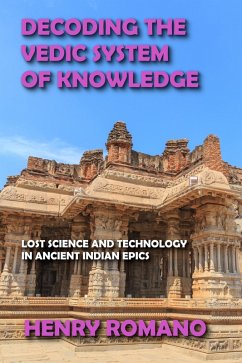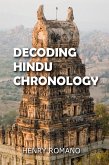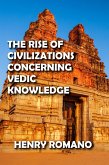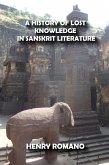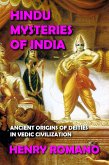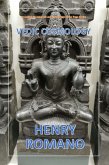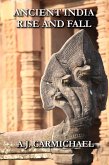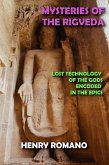One of the oldest libraries of texts in India is the Vedas. Vedic texts are painstakingly corrected by the teacher. Instructors and students still teach them orally today. Virtual classrooms have allowed females to learn the Vedas and how they were changed through technology.
Samaveda has a much more intricate connection with Rigveda than the other Vedas. Because all its verses except seventy-five are directly drawn from the Rigveda, it holds great historical significance. The eighth and especially the ninth of the Soma book provide the bulk of its content. It is similar to the Yajurveda in having been composed only for ritual use since the verses are all intended for chanting during the offering ceremonies. Unlike those in the Rigveda, these stanzas appear in the Sama-Veda as if they were to be spoken or recited. Their significance is solely determined by their relevance to particular rites, removed from their context in the Rigveda.
The Vedas have been the subject of voluminous literature over the centuries, written in many languages, including English. Due to their symbolic language, the Vedas remain elusive. Despite exploring every ancient Indian sourcebook, Shankara, Ramanuja, and Madhva did not write full commentaries on the Vedas. Vedas are enigmatic and ethereal, and this adds to their mystery. In contrast to the voluminous commentary on Upanishads, Bhagawad Gita, Brahma sutras, and Mahapuranas, Sri Madhva wrote a short Rigbhyasya. Sayana Madhava, also known as Sayanacharya, is the most common source of information on the Vedas. Vedic texts are covered in complete detail in this voluminous work, basically a literal translation of the Vedas. Those who criticize it point out that it ignores the Vedas' symbolism and the Vedic tenets' hidden meanings. It is for this reason that the Vedas remain inadequately illuminated. In addition, Vedic Sanskrit differs from classical Sanskrit, a currently taught, written, and spoken language. A widespread family of languages, the proto-Indo-European languages, is derived from it.
Samaveda has a much more intricate connection with Rigveda than the other Vedas. Because all its verses except seventy-five are directly drawn from the Rigveda, it holds great historical significance. The eighth and especially the ninth of the Soma book provide the bulk of its content. It is similar to the Yajurveda in having been composed only for ritual use since the verses are all intended for chanting during the offering ceremonies. Unlike those in the Rigveda, these stanzas appear in the Sama-Veda as if they were to be spoken or recited. Their significance is solely determined by their relevance to particular rites, removed from their context in the Rigveda.
The Vedas have been the subject of voluminous literature over the centuries, written in many languages, including English. Due to their symbolic language, the Vedas remain elusive. Despite exploring every ancient Indian sourcebook, Shankara, Ramanuja, and Madhva did not write full commentaries on the Vedas. Vedas are enigmatic and ethereal, and this adds to their mystery. In contrast to the voluminous commentary on Upanishads, Bhagawad Gita, Brahma sutras, and Mahapuranas, Sri Madhva wrote a short Rigbhyasya. Sayana Madhava, also known as Sayanacharya, is the most common source of information on the Vedas. Vedic texts are covered in complete detail in this voluminous work, basically a literal translation of the Vedas. Those who criticize it point out that it ignores the Vedas' symbolism and the Vedic tenets' hidden meanings. It is for this reason that the Vedas remain inadequately illuminated. In addition, Vedic Sanskrit differs from classical Sanskrit, a currently taught, written, and spoken language. A widespread family of languages, the proto-Indo-European languages, is derived from it.
Dieser Download kann aus rechtlichen Gründen nur mit Rechnungsadresse in A, B, CY, CZ, D, DK, EW, E, FIN, F, GR, H, IRL, I, LT, L, LR, M, NL, PL, P, R, S, SLO, SK ausgeliefert werden.

